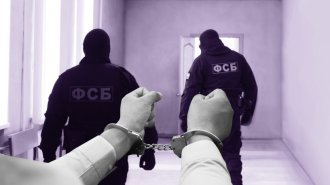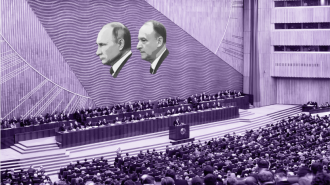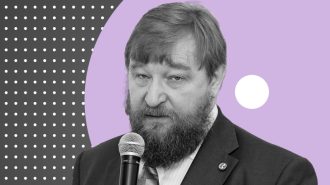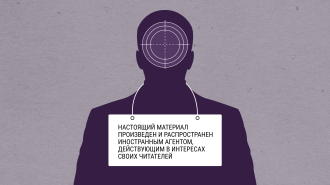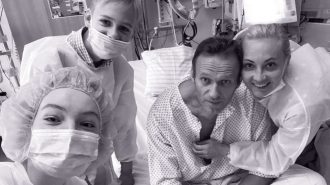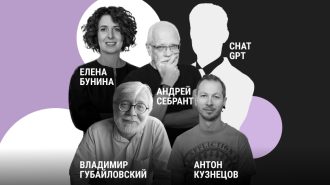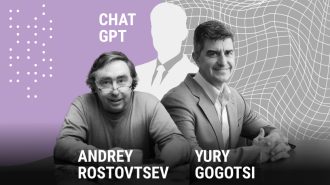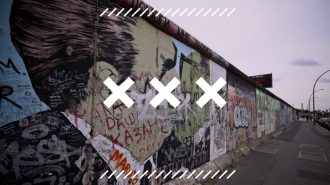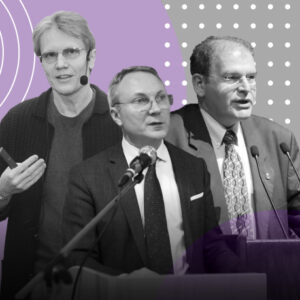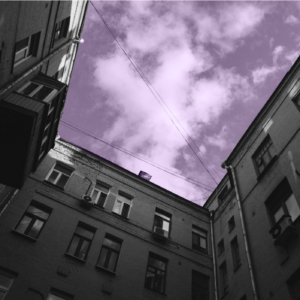In the spring of 2022, major publishers of scientific periodicals stopped collaborating with Russian organizations. In response, the Russian authorities initiated a “white list” of publications in which publication would be the basis for grant reporting. About 500 journals recently disappeared from the list - and returned with a recommendation to refrain from paying for open access in journals of the publishing house Elsevier, which announced that payments would be sent to support Ukraine. Scientists who do not follow this advice risk facing criminal charges article about treason.
Editors
The Joint Institute for Nuclear Research in Dubna and the European Organization for Nuclear Research may sever official relations as early as this week.
Academicians turned to Vladimir Putin with a proposal to head a new body of the Russian Academy of Sciences - the Board of Trustees. But not everyone was able to vote for this decision. FSO employees blacklisted more than twenty scientists and did not allow them to attend the General Meeting of the Russian Academy of Sciences.
In the third year after the start of Russia’s full-scale invasion of Ukraine, journalism faculties and media departments at all universities in the country changed their policies. the transfer of experience to novice journalists from military officers, Z-bloggers and even former prisoners has become regular and widespread.
In Novosibirsk, they are considering the criminal case of corresponding member of the Russian Academy of Sciences Oleg Kabov, which was initiated by the FSB. This is the first case in Russia when a scientist is being tried for his allegedly unsatisfactory work, and scientific and technical expertise forms the basic part of the charge. The very fact that you can go to prison for poorly conducted research is a new page both in the history of Russian science and in the history of domestic jurisprudence. Kabov's case is a challenge to the entire scientific community. It will show whether science in Russia can defend its right to exist.
Vladimir Putin updated and expanded scientific council at the Security Council of the Russian Federation. T-invariant analyzed the biographies of all its 174 members. The median age of the council is pre-retirement, 63.5 years. The oldest member is 94 years old.
The FSB completed investigative actions in the case of corresponding member of the Russian Academy of Sciences Sergei Abramov a year later: the materials were transferred to the court, which must set a date for the hearing. According to T-invariant, Abramov’s case involves seven donations of 1,000 rubles each. The scientist himself has repeatedly denied his guilt, including denying that he made these translations.
According to the Ministry of Justice, “the T-invariant project opposed the special military operation in Ukraine and carried out public actions aimed at creating a negative image of the Armed Forces of the Russian Federation.”
On February 16, 2024, came the terrible news — Alexei Navalny was killed. His death has become a personal tragedy for millions of people. Putin's regime has shown that it will stop at no crime in pursuit of its goals.
The past year brought a series of weather anomalies: extreme heat and drought, high precipitation and flooding. This spring began with a heat wave in Spain. We asked climate experts Alexander Chernokulsky and Olga Dobrovidova about weather anomalies and asked them to assess the development of global warming as well as how Russia's position on international cooperation on a variety of climate-related issues affects the global environmental agenda.
The head of Tesla and SpaceX Ilon Musk, Apple co-founder Steve Wozniak and more than a thousand experts signed an open letter calling for a halt in the development of a «giant artificial intelligence.» The text of the letter was published by Future of Life Institute. T-Invariant asked experts and AI to comment on this open letter.
An international boycott of scientists for their government's war? Even anti-war-minded people are divided over such measures. Many do not risk speaking out about it. So in addition to the scientists' answers, we asked questions to the artificial intelligence. At least it doesn't have emotions to suppress.
Ukrainian scientists have appealed to the international community to boycott their Russian colleagues. However, such a boycott conflicts with a number of important legal and ethical principles, and in practical terms may do more harm than good in countering Russian aggression.
T-invariant survey: how the war affected Russian science and scientists themselves. Historical rhymes with the scientific emigration of the 1920s, relations with Ukrainian colleagues, isolation of Russian universities, faint hopes and gloomy predictions.
The T-invariant is a media with the mission to constantly remind us of timeless civilizational invariants, and to unite the community of people who hold them as living values.






